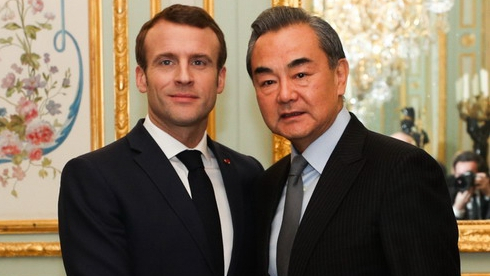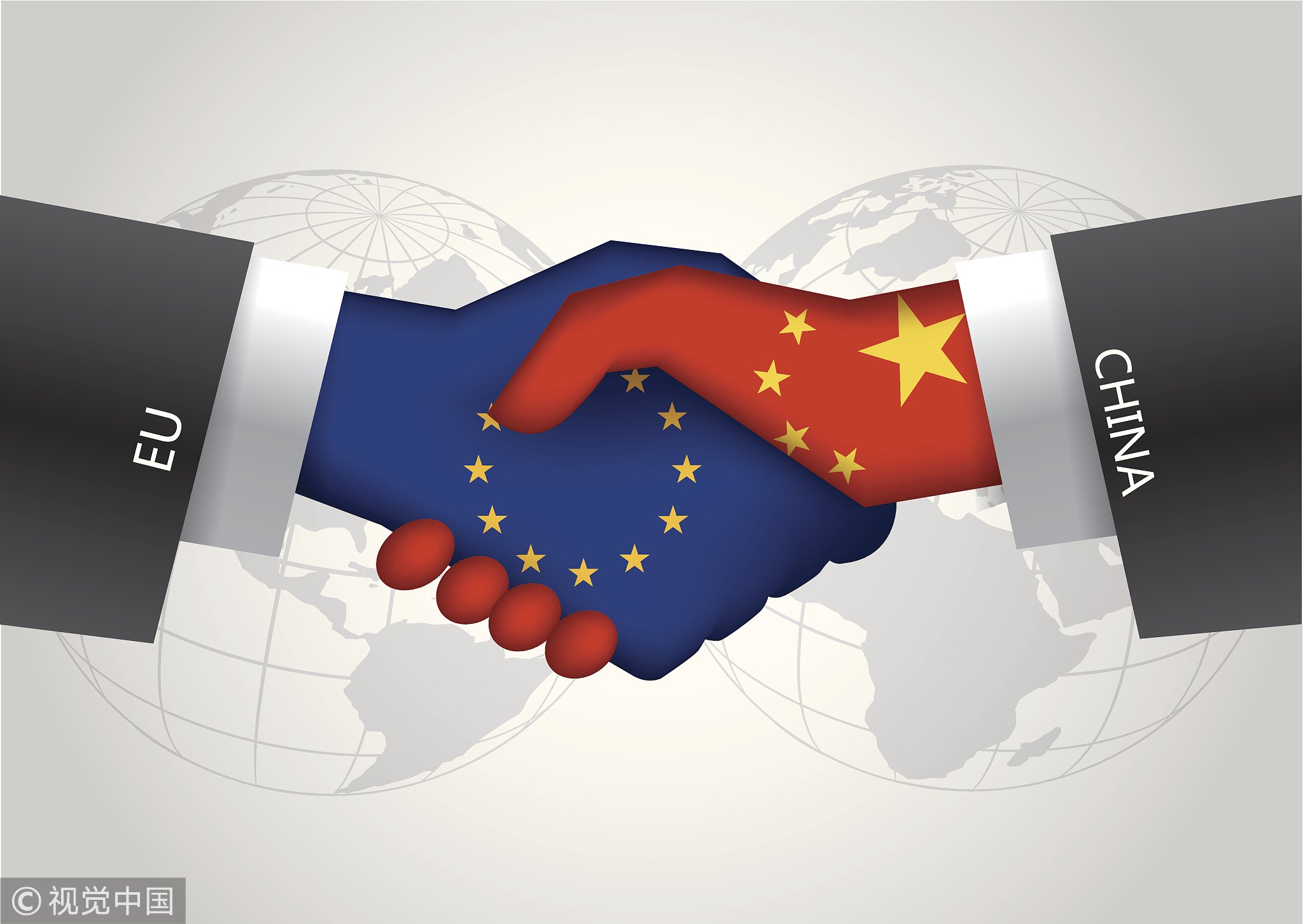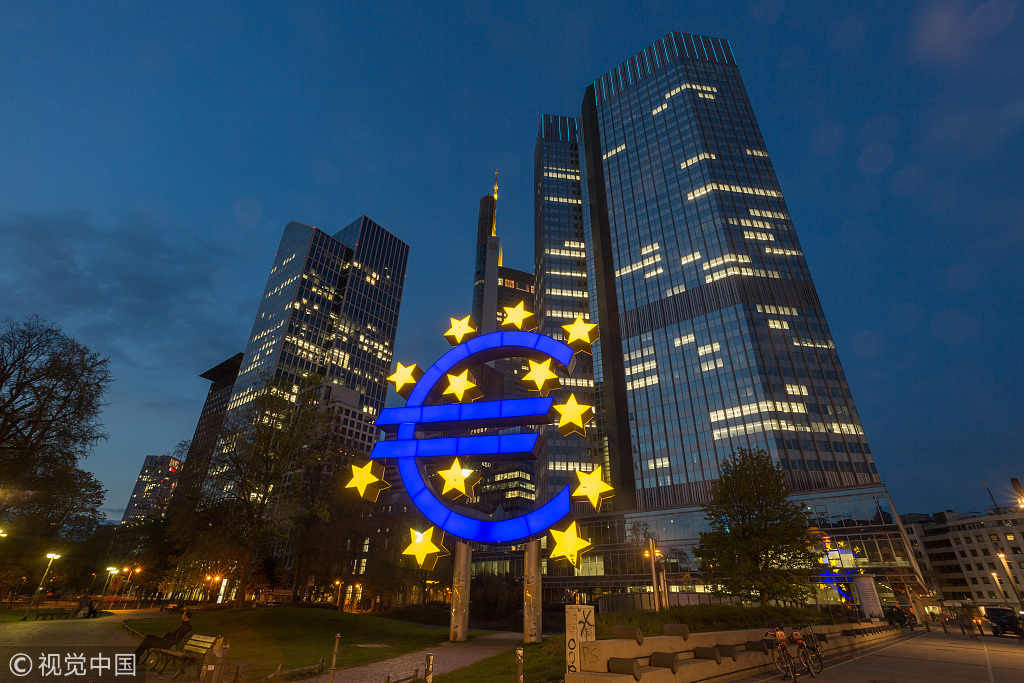
Opinion
22:52, 28-Jan-2019
Wang Yi's visit provides new momentum to China-Europe cooperation
Updated
16:17, 29-Jan-2019
Wang Peng

Editor's note: Wang Peng is an associate research fellow at the Chongyang Institute for Financial Studies, Renmin University of China, and a researcher at the Charhar Institute. The article reflects the author's opinion, and not necessarily the views of CGTN.
At the invitation of Philippe Étienne, Diplomatic Adviser to the President of the French Republic and Enzo Moavero Milanesi, Minister of Foreign Affairs of the Italian Republic, Chinese State Councilor and Foreign Minister Wang Yi traveled to France to attend the 18th session of the consultation of the coordinators for the China-France Strategic Dialogue, and visited Italy for the 9th Joint Meeting of China-Italy Government Committee from January 23 to 26.
The great importance of China-Europe cooperation
In the past decades, China and Europe have deepened their cooperation. What's the significance of this cooperation? To put it simply, it is not only mutually beneficial for the people on both sides, but also conducive to global growth, peace, and stability.
Taking the Belt and Road Initiative (BRI) as an example, it was presented by Chinese President Xi Jinping in 2013 as a development plan aimed at strengthening the connection between Asia, Africa, and Europe in five major areas, namely, policy, infrastructure, trade, finance, and people-to-people exchanges.
China has already signed cooperation agreements with more than 70 countries along the Belt and Road. Against this backdrop, European companies are becoming increasingly active in the Chinese market. By the end of 2018, EU's stock investments in China amounted to 120 billion U.S. dollars, accounting for four percent of the EU's total stock investment overseas.

/VCG Photo
/VCG Photo
Similarly, China's stock investments in the EU amounted to a little over 80 billion U.S. dollars, only two percent of the total FDI flows into the EU, according to the EU and Chinese official economic data.
Major challenges for China-Europe cooperation
However, the China-Europe cooperation also faces challenges. Currently, the most prominent one is perhaps that the EU, especially western European great powers' growing concern about China's increasing influence in Europe, especially in eastern European countries.
The common and mutually beneficial economic cooperations between China and the Czech Republic or China and Romania in infrastructure building have been wrongly referred to as "oriental conspiracy" that aims to "divide Europe/the EU" by some right-wing politicians.
The contribution of Wang Yi's trip to the future of China-Europe cooperation
Under the current situation of the world economy, both China and Europe have strong motives to present a positive outlook on their cooperation. As a result, many European media praised Wang's trip at this moment for achieving a series of goals.

/VCG Photo
/VCG Photo
First, his trip shows that China and Europe are committed to deepening their practical cooperation. Wang's meeting with French and Italian leaders highlighted the consensus of the two sides on international issues and on the strategic significance of China-Europe relations.
Secondly, through dialogue, China and European powers should strengthen their cooperation and identify new areas of cooperation.
Thirdly, while unilateralism and protectionism are rising globally, Wang's meetings with European leaders have sent a strong signal that these countries will uphold the principle of multilateralism including free trade.
(If you want to contribute and have specific expertise, contact us at opinions@cgtn.com.)

SITEMAP
Copyright © 2018 CGTN. Beijing ICP prepared NO.16065310-3
Copyright © 2018 CGTN. Beijing ICP prepared NO.16065310-3